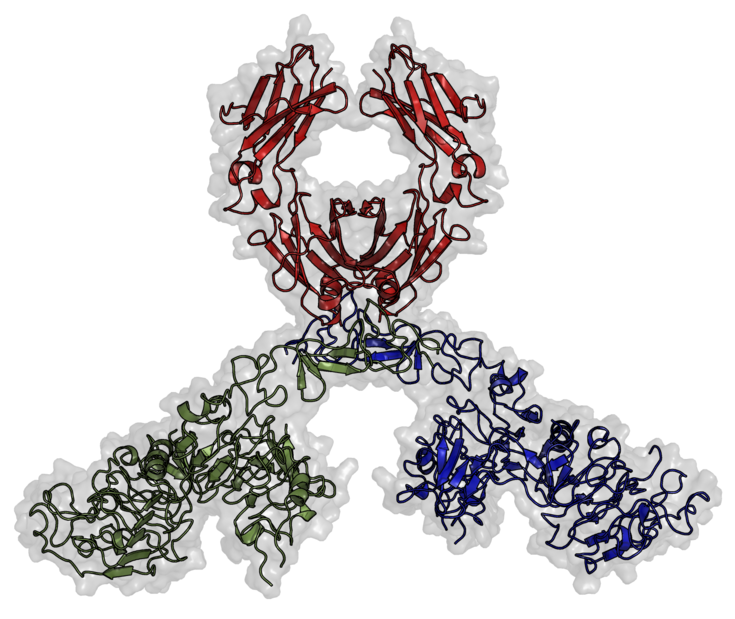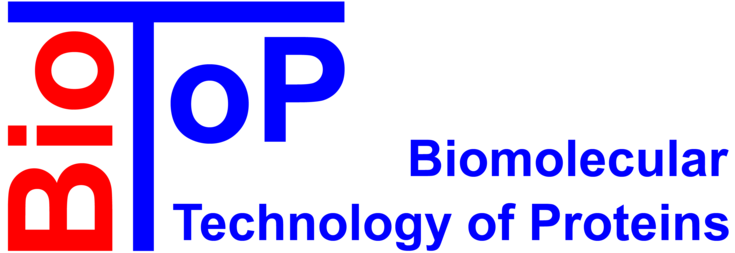Biomolecular Technology of Proteins (BioToP)

BioToP stands for "Biomolecular Technology of Proteins" and aims in interdisciplinary training of PhD students.
For full information visit the website of BioToP
http://biotop.boku.ac.at
Research
BioToP offers an inter- and multi-disciplinary research-based doctoral education at the interface of basic and applied science in the field of protein biotechnology.
Production of native or designed proteins for therapeutic, diagnostic and industrial use needs a thorough understanding of protein (bio)chemistry and molecular biology, the differences in physiology of various expression systems, advantages and disadvantages of various cell factories, and of the rules governing the choice of one specific production system over another for a given protein.
In addition, it requires an understanding of different production steps, starting from genome analysis, gene identification and cloning, mutagenesis strategies, design, display and screening of protein libraries, establishment of highly productive strains with desirable growth and production properties, and the setup of analytical procedures for the assessment of structural and functional features.
Based on the common research interests as well as on the interdisciplinary nature of the PhD Program four main research areas are defined within BioToP:
- Area 1: Structure-function analysis, engineering and design of proteins
- Area 2: Biosynthesis, post-translational modifications and trafficking of recombinant proteins
- Area 3: Expression systems and cell factories
- Area 4: Bioinformatics and molecular modelling
Curriculum
BioToP offers a structured educational programme involving 15 Principal Investigators (PIs) and 11 Associated Faculty Members all dedicated to support the enrolled students in every aspect of their studies. Each PhD student is exposed to many research topics, and has access to the scientific expertise of five departments and to a large number of different experimental techniques already established in the participating laboratories.
PhD students are trained to understand the complexity of protein science and biotechnology and recognize the relationship and interdependence between protein (bio)chemistry, protein engineering and design, protein targeting and post-translational modification, homo- and heterologous protein expression, establishment and optimization of cell factories, bioinformatics and molecular modelling.
Contact
Contact details and further information can be found on the website of BioToP: http://biotop.boku.ac.at

